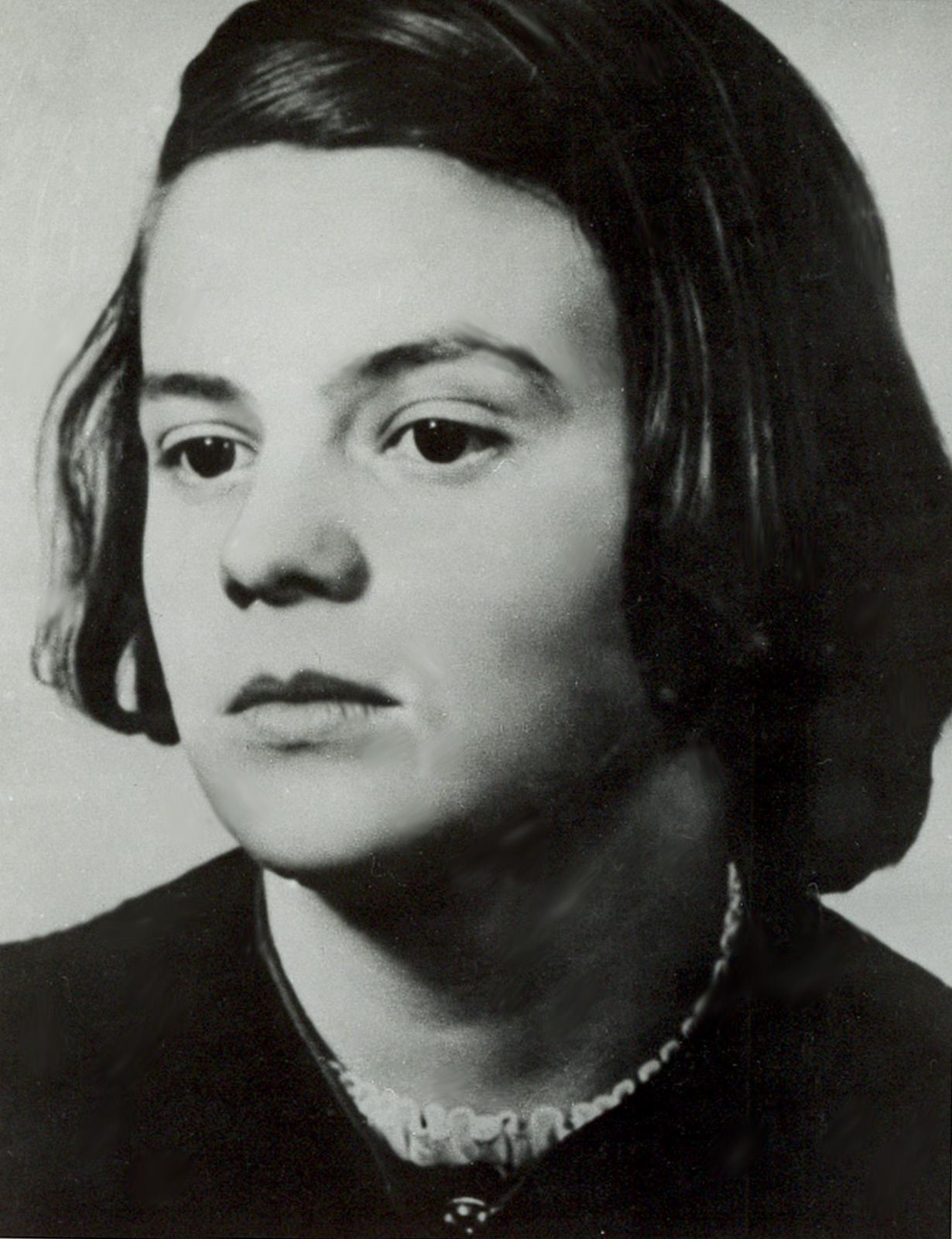Task: Complete an analysis of the film Sophie Scholl and assess its usefulness as a source for the study of the Nazi Dictatorship.
Historical Film Analysis
demonstrate knowledge and understanding of people, places, events, and ideas in the history of societies in selected periods and places since c. 1500
apply the skills of historical inquiry, including critical analysis
construct reasoned historical arguments based on a critical understanding of evidence from sources
communicate informed and relevant arguments using subject-specific language and conventions.
Who was Sophie Scholl?
Sophie Scholl was a German college student who, with her brother Hans, was convicted of treason and executed for distributing propaganda for the White Rose anti-Nazi passive resistance group during World War II. In the only statement she was allowed to make during the trial, She told the court, “Somebody, after all, had to make a start. What we wrote and said is also believed by many others. They just don’t dare express themselves as we did.” Then, facing Justice Freisler, she added, “You know the war is lost. Why don’t you have the courage to face it?”
After a single day, the trial ended on February 22, 1943, with Sophie Scholl, her brother Hans Scholl, and Christoph Probst found guilty of high treason and sentenced to death. Hours later, all three were executed by guillotine at Munich’s Stadelheim Prison.
Questions: Sophie film questions download
In the film Sophie Scholl, what measures did Sophie and her fellow Nazi resistors take to avoid capture? (2 mark)
What conclusions can be drawn from the film about the investigative methods used by the Gestapo? (2 marks)
Using your own knowledge and evidence from Sophie Scholl, comment on some of the features of German society under the Nazis. (2 marks)
What does the film reveal about the Nazi judicial system? In your response refer to the scene where Sophie and her associates are on trial in the People’s Court. (3 marks)
Assess the usefulness and limitations of using the film Sophie Scholl as a source of evidence for an historian investigating Sophie Scholl and the White Rose resistance movement. In your response consider purpose, content, and reliability. (5 marks)
Using your own knowledge and with direct reference to the film, Sophie Scholl, evaluate the proposition that resistance to the Nazi regime was impossible. (6 marks)
Resources
Sources Analysis Answer Guide
Don’t forget: Quote often and begin your response with name of the author, not the Source number. Put the source number in brackets at the end of the quote/paraphrasing.
For example:
This is supported by Jones who states that 'History students would be more popular at parties if they used this method.' (Source 3)
SACE Sources advice
More successful responses:
were well-structured
contained relevant evidence from sources when required.
Less successful responses
provided responses without reference to any evidence from the source
stated that sources are limited without reasoning
did not address the nature of sources clearly
did not explain how the nature and origin of the sources were a strength or limitation
did not include of the source in the response.
